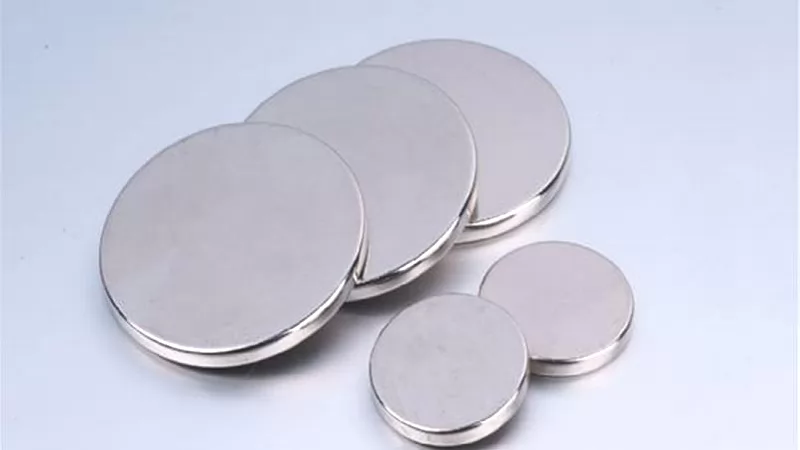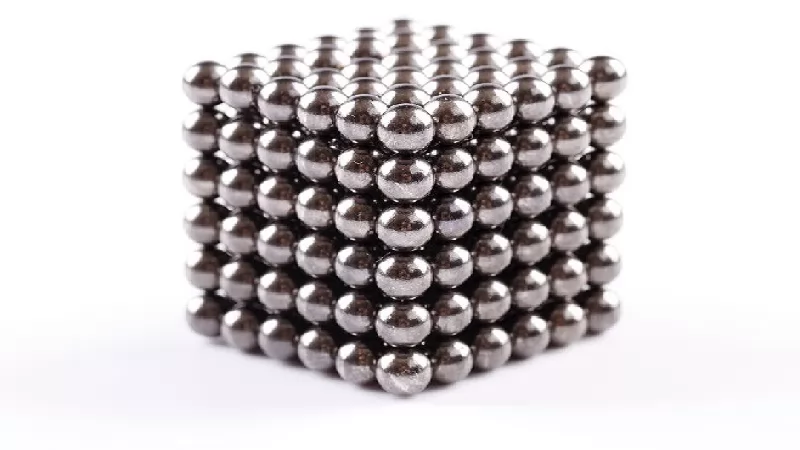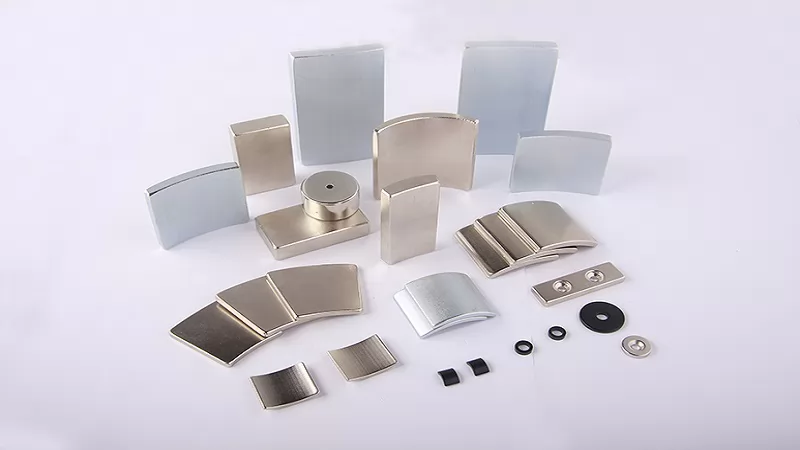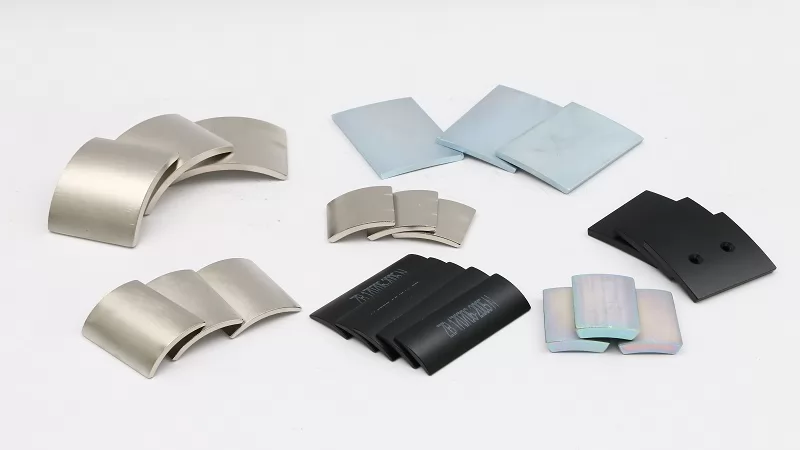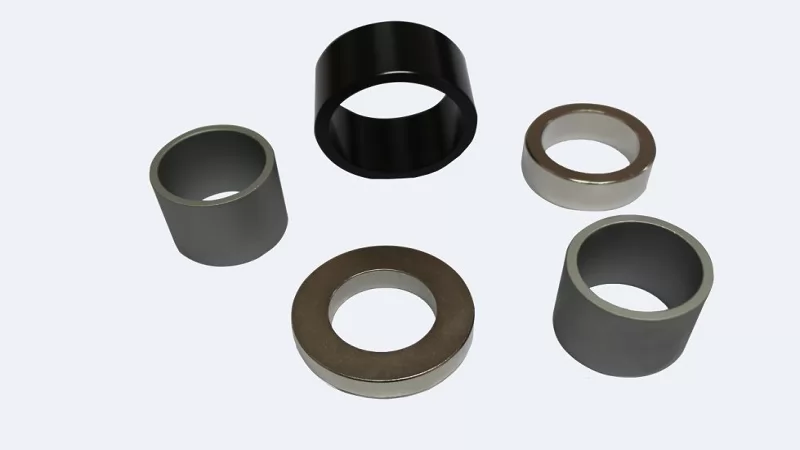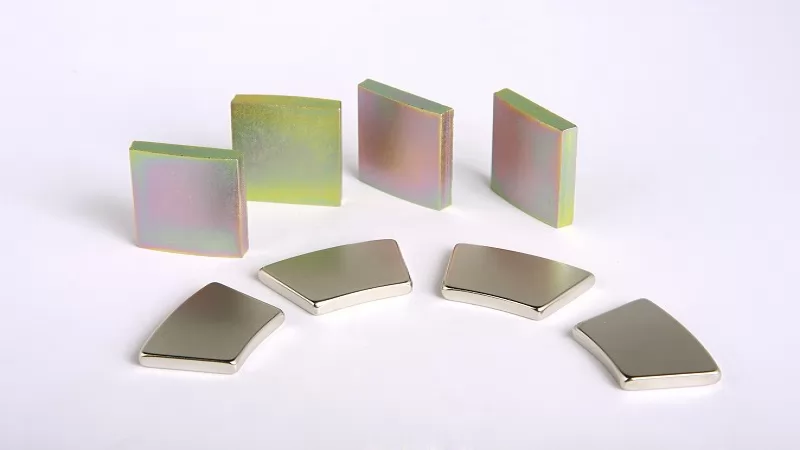NdFeB MagnetBritain
The largest manufacturer of NdFeB Magnet inBritain
Giantank has many years of experience in R & D and mass production of rare earth magnetic materials. Our brand is renowned for its high quality, especially in Britain. Our NdFeB Magnet has a good one-stop-solution and after-sales service inBritain. And long-term supply toBritain’s distributors. We are providing customized magnets with the best price / performance ratio for partners worldwide.
Our products are mainly used in high-effective & energy-saving PM motors, especially in elevator motors, drive-motors for new energy automobile ( EV / electric cars), servo motors, compressor motors, wind turbines and linear motors, etc. Our permanent magnets are also widely used in electronic devices, electrical machines, medical equipment, magnetic separators, aerospace and other applications.
What’s NdFeB Magnet?
Neodymium Iron Boron (NdFeB) magnets were commercially introduced in the early 1980s, and are widely used today for many different applications. The cost of neodymium magnet material (on a dollar per energy product basis) is comparable to that of ferrite magnets.
Giantank designs and builds custom neodymium magnets and magnetic assemblies, manufactured to meet your specialty requirements. Send us a request for quote or contact us today for more information about standard or custom neo magnets. Large inventory of neodymium magnets are also available for online purchase at https://www.giantank.com/Products/
Advantages of NdFeB Magnet Material
Very high strength.
Relatively low cost: by weight, about 20x Ferrite magnets.
Relatively easy to machine, compared to alnico and samarium cobalt magnets.
Challenges of NdFeB Magnet Material
Properties deteriorate rapidly at temperatures in excess of about 150°C depending on grade and permeance coefficient at which the magnet operates at.
Most grades of NdFeB magnets need to be protected against oxidation by coating or plating the magnets.
Surface Treatments for NdFeB Magnet Material
Painting, coating, or plating is generally recommended for NdFeB, although recently certain grades have been made that exhibit higher resistance to oxidation.
Plating NdFeB is a difficult process, and commercial plating houses unfamiliar with the specialized plating techniques required are unlikely to be able to achieve plating with good adhesion on Neo magnets.
Nickel, zinc, or tin plating provides good corrosion resistance for NdFeB magnets, though longer lead times or higher volumes may be required for these. Neo magnets can also be plated using ion vacuum deposition (IVD) techniques. This specialty plating is very controllable for thickness and has excellent adhesion to the material.
A variety of organic coatings have also been successfully developed for NdFeB, exhibiting good corrosion resistance characteristics. For especially harsh environments, it may be advisable to use a combination of coating techniques, or to encapsulate the material in a sealed housing.
Attention
NdFeB powder is very fine and will ignite spontaneously when dried. Special care must be taken when handling NdFeB powder.
NdFeB magnets are very powerful; care must be taken when handling these magnets to avoid injury.
NdFeB magnets are susceptible to corrosion.


